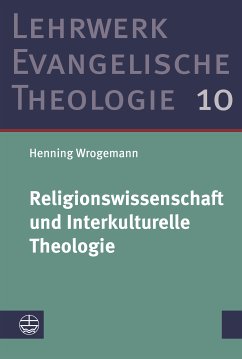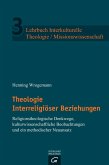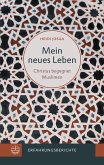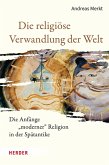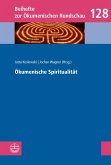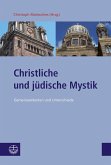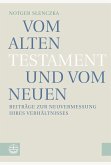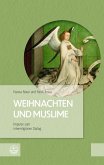Das umfassende Lehrbuch ist in zwei Teile gegliedert. Der Teil Religionswissenschaft bietet einen Abriss der Religionsforschung von der Frühaufklärung bis zur Gegenwart. Dabei werden Ansätze von Religionsphilologie, -phänomenologie, -soziologie, -ethnologie und -ökonomie ebenso behandelt wie neuere Zugänge diskurstheoretischer, postkolonialer oder kulturwissenschaftlicher Religionswissenschaft. Dem schließen sich Grundinformationen zu Judentum, Hinduismus, Buddhismus und Islam in Geschichte und Gegenwart an. Im Teil Interkulturelle Theologie werden Übersichten zur christlichen Ausbreitungsgeschichte, zu Missionstheologien in Geschichte und Gegenwart, Formen Kontextueller Theologie sowie relevante Themen kirchlicher Praxis in verschiedenen Kontinenten geboten. Dem schließen sich Ausführungen zur Frage interreligiöser Koexistenz und Konkurrenz, zu Dialog und Zeugnis und der Entwurf einer christlichen Theologie interreligiöser Beziehungen an. Religious Studies and Intercultural Theology In the section Religious Studies, the work offers a journey through religious research from the early Enlightenment to the present day. It covers approaches in the fields of religious philology, phenomenology, sociology, ethnology and economics as well as more recent approaches to discourse theory, and postcolonial or cultural perspectives in religious studies. This is followed by basic informations on Judaism, Hinduism, Buddhism and Islam in past and present. The section Intercultural Theology offers overviews on the history of the spread of Christianity, on mission theologies in history and the present, on forms of contextual theology as well as on relevant topics of church practice in different continents. This is followed by reflections on the question of interreligious coexistence and competition, on dialogue and witness, and the concept of a Christian theology of interreligious relations.
Dieser Download kann aus rechtlichen Gründen nur mit Rechnungsadresse in A, B, BG, CY, CZ, D, DK, EW, E, FIN, F, GR, H, IRL, I, LT, L, LR, M, NL, PL, P, R, S, SLO, SK ausgeliefert werden.

